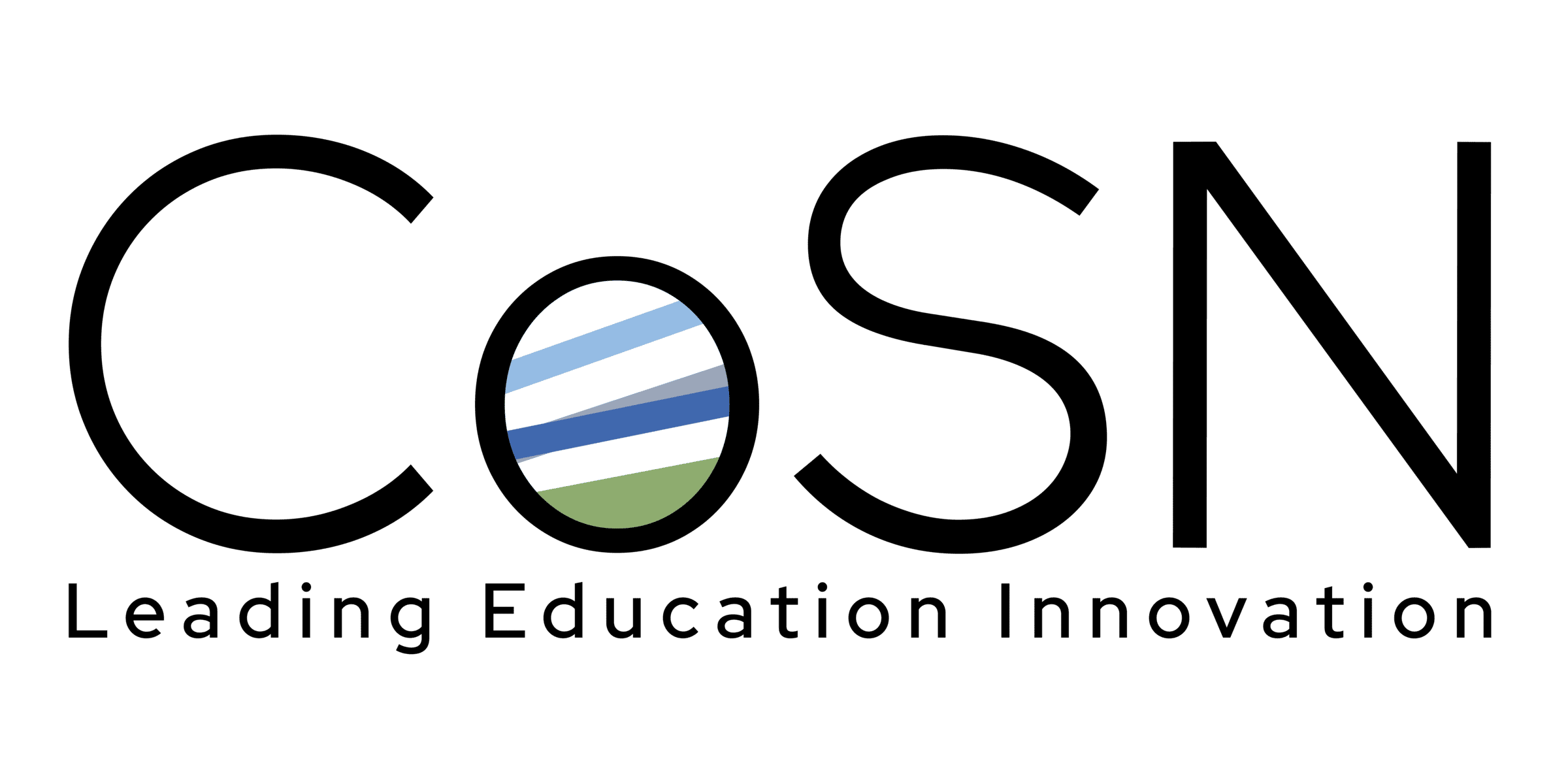
Washington, D.C. (May 7, 2024) — Last week, nearly 58 education school district and state education agency technology leaders from 25 states and the District of Columbia met with policymakers on Capitol Hill to discuss policies and legislation affecting students. The EdTech experts connected with key elected officials and their staffs to discuss actionable policies to ensure all students have access to high-quality digital learning opportunities.
This annual event was spearheaded by CoSN (Consortium for School Networking), ISTE (International Society for Technology in Education), SETDA and SIIA (Software & Information Industry Association).
Participants began the day with a briefing featuring Representative Angie Craig (D-MN), who spoke to the group about her work on the House Committee on Energy and Commerce to strengthen K-12 cybersecurity and expand access to broadband for learning. Deputy Education Secretary Cindy Marten also addressed the group, sharing insights about the Department of Education’s new partnership for advancing cybersecurity in education.
Following the morning session, attendees met with Senate and House staff to discuss federal funding for digital learning and related professional development, closing the “Homework Gap,” expanding federal K-12 cybersecurity supports, protecting E-rate, improving students’ data privacy, and promoting the responsible and effective use of AI for learning. Attendees spent the afternoon at either the Federal Communications Commission (FCC) or the Department of Education. At the FCC, the group talked with the staff of Chairwoman Jessica Rosenworcel, Commissioner Geoffrey Starks and the Wireline Competition Bureau about the agency’s proposed K-12 School and Library Cybersecurity Pilot program. The Department of Education’s meetings included an update on current Office of EdTech (OET) projects as well as roundtable discussions on AI, using technology to promote accessibility and more.
“With the release of the 2024 National Educational Technology Plan (NETP) earlier this year, there is even more urgency for Congress to invest in comprehensive initiatives that address and eliminate the digital divides in K-12 education. We are collectively committed to carrying out the vision and recommendations set forth by the 2024 NETP and will continue to advocate for equitable and strategic EdTech policies and funding to do so,” said Julia Fallon, Executive Director of SETDA.
“The annual Capitol Hill fly-in is pivotal in shaping policies that affect the future of education. Our EdTech experts are at the forefront of understanding the evolving landscape of education as technology continues to influence every aspect of our education system. It was a remarkable day for reinforcing the role of informed policymaking in supporting student success, innovation and advancing our democratic ideals,” said Keith Krueger, Chief Executive Officer of CoSN.
“EdTech Advocacy Day is an important opportunity each year for policy makers to learn directly from educators about the challenges and successes they are experiencing. Our members share examples of how effective use of technology is transforming learning experiences and advocate for essential federal support needed to ensure continued success of the most impactful education programs,” said Richard Culatta, CEO of ASCD and ISTE.
“Last week’s EdTech Advocacy Day enabled EdTech leaders from across the U.S. to share their viewpoints on the legislation Congress is considering that will have serious implications for students, educators and our members,” said Chris Mohr, President of SIIA. “By bringing the various stakeholders together, we have more impact in the discussions surrounding education funding, artificial intelligence, online safety and privacy for our children. SIIA will continue to work diligently to keep kids safe and connected.”
About CoSN
CoSN, the world-class professional association for K-12 EdTech leaders, stands at the forefront of education innovation. We are driven by a mission to equip current and aspiring K-12 education technology leaders, their teams, and school districts with the community, knowledge, and professional development they need to cultivate engaging learning environments. Our vision is rooted in a future where every learner reaches their unique potential, guided by our community. CoSN represents over 13 million students and continues to grow as a powerful and influential voice in K-12 education.
About ISTE
The International Society for Technology in Education (ISTE) is a nonprofit organization that works with the global education community to accelerate the use of technology to solve tough problems and inspire innovation. ISTE hosts the annual ISTE Conference & Expo, one of the world’s most influential edtech events. The organization’s professional learning offerings include online courses, professional networks, year-round academies, peer-reviewed journals, and other publications. ISTE is also the leading publisher of books focused on technology in education.
About SETDA
Founded in 2001, SETDA is the principal association representing U.S. state and territorial educational technology and digital learning leaders. Through a broad array of programs and advocacy, SETDA builds member capacity and engages partners to empower the education community in leveraging technology for learning, teaching, and school operations.
About SIIA
SIIA is the only professional organization connecting more than 400 data, financial information, education technology, specialized content and publishing, and health technology companies. Our edtech membership develops and delivers software applications, digital instructional content, online and distance learning services, online assessment, and related technologies for millions of learners around the world.
MEDIA CONTACTS:
For CoSN: Makenzie Carlin, mcarlin@fratelli.com
For ISTE: Thomas Rodgers, thomas@whiteboardadvisors.com
For SETDA: Jonathan Yang, jyang@setda.org
For SIIA: Pam Golden, pam@glapr.com

